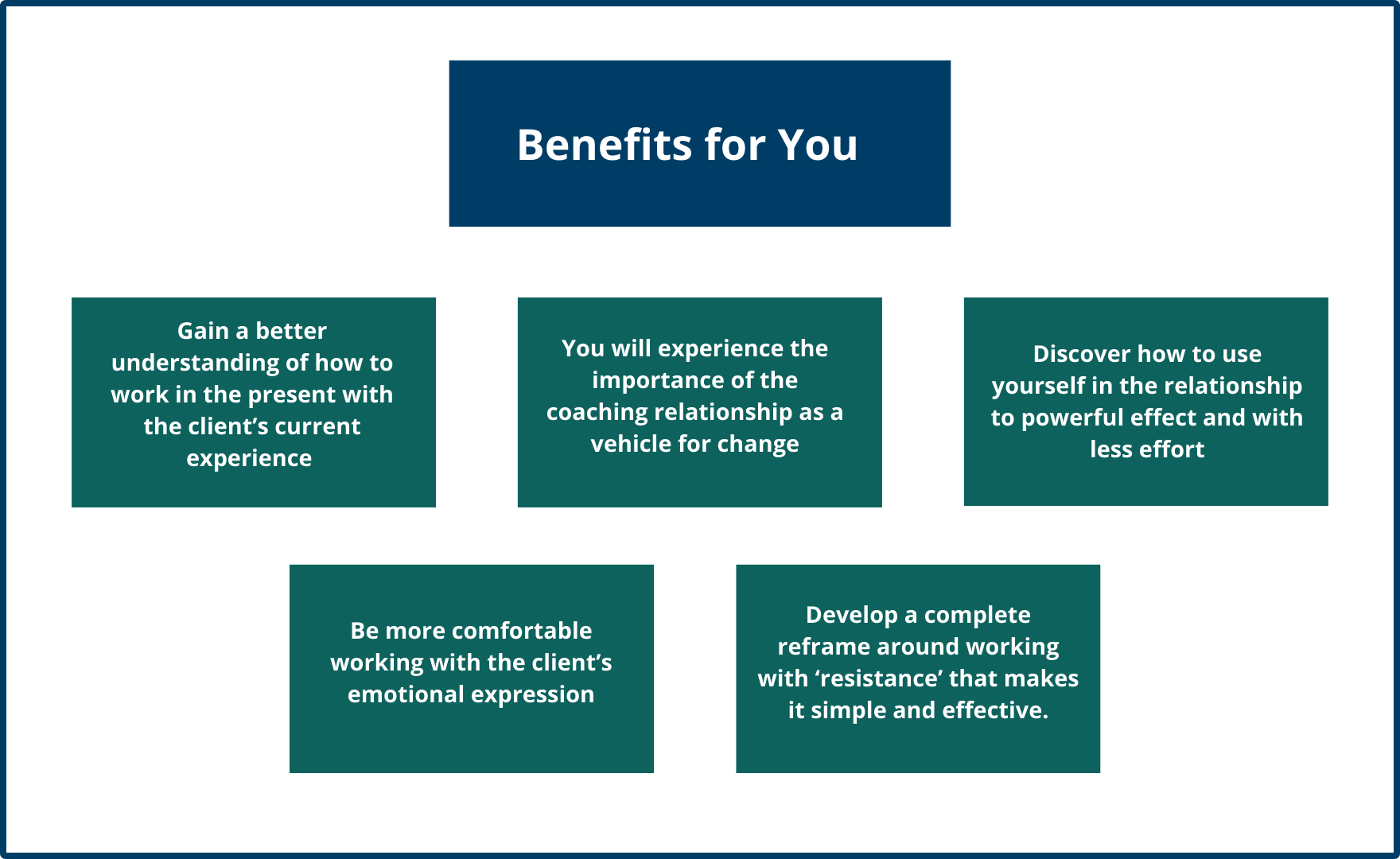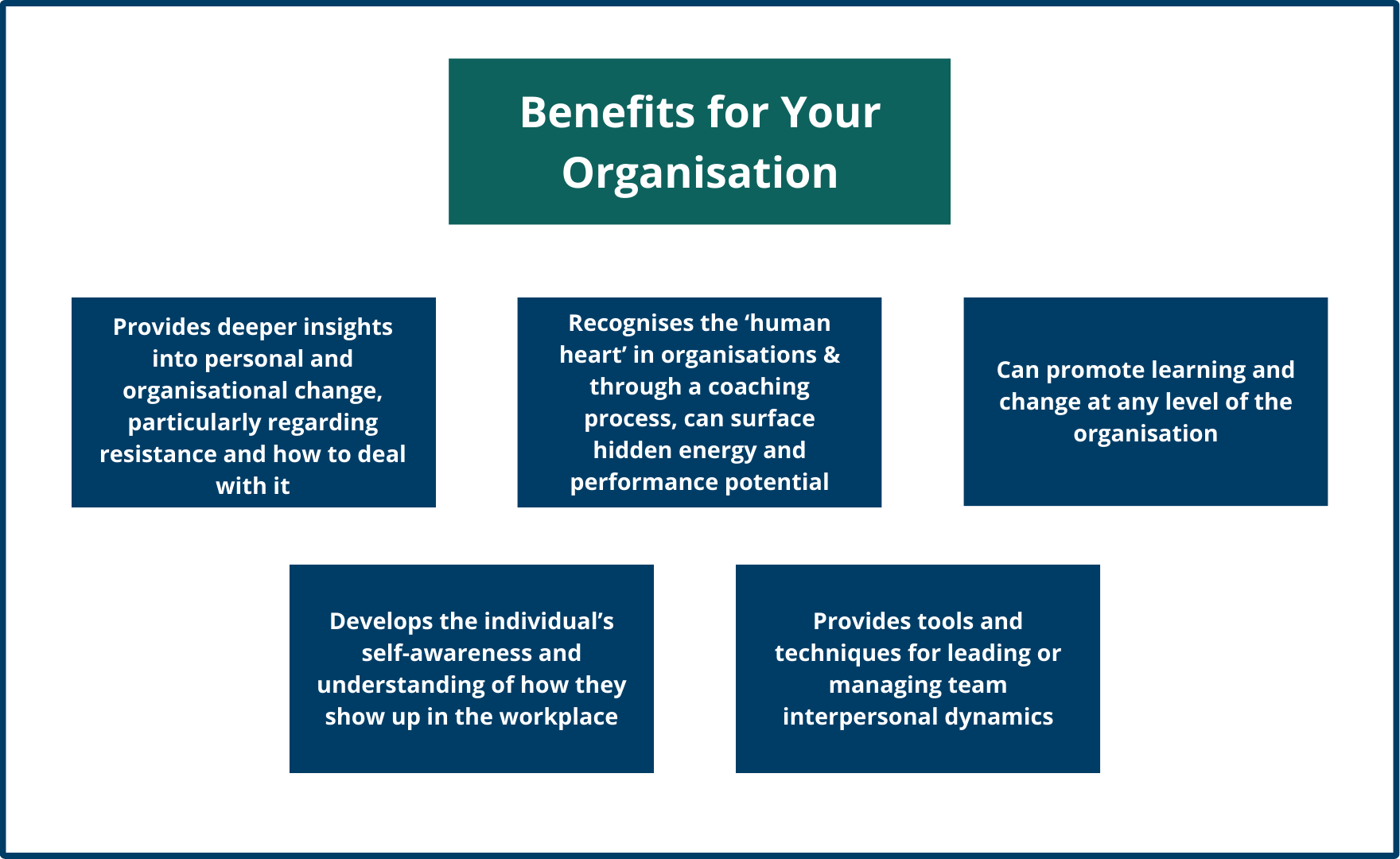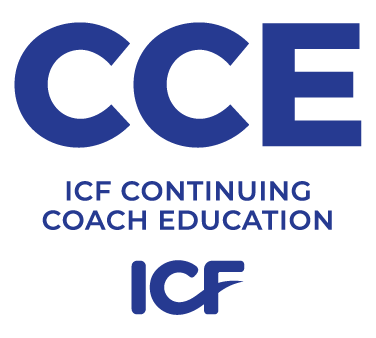Article
Somatic coaching: Why executive coaches need the body as much as the mind
16th December 2025
Executive coaching is often framed as a thinking profession - one that relies on listening, questioning and reflection. But for…
04 March 2026 - 09 April 2026
UK/Live Virtual Sessions
19 May 2026 - 23 June 2026
UK/Live Virtual Sessions
100 years of psychotherapy research show that the biggest single factor in creating change is the quality of the relationship. Gestalt harnesses this factor to make it the basis for our interventions. Traditionally there is a big concern about overly influencing and directing the coachee – which is correct if you have a desire for the coachee to ‘find the solution’. However, the opposite is true with Gestalt Embodiment approach – encapsulated beautifully in ICF Competency 7.11:
Shares observations, insights and feelings, without attachment, that have the potential to create new learning for the client.
The skill you learn in this Gestalt Embodiment programme is how to create the quality of dialogue that serves the coachee in discovering for themselves a satisfying resolution to their problem.


How you learn
1. Group Psychological Safety
The experiential work and skills practice requires a high degree of self-disclosure and willingness to make mistakes. Therefore, John will facilitate the group in a way that creates deep psychological safety - through investing time in, contracting, boundary setting, building support, discussing the impact and appreciating the value of taking personal and practitioner risks. Watching and experiencing a master modelling how to create this space, provides a huge amount of learning.
2. Theoretical Positioning
A sound cognitive structure to understand the experiential and skills work will be provided through:
3. Experiential Exercises
These provide an experience, that illustrates and brings to life, the theoretical material in a very focused and specific way. It’s an opportunity to gain personal insights and learning as well as providing interventions for skills practice.
4. Skills Practice
The core of the programme, is practicing new skills with a live participant client and receiving peer/ faculty feedback. Experimenting in forming interventions in a Gestalt way and unlearning the traditional desire to plan and control. You will also have the contact details of peers on the programme and will be encouraged to meet up between and after modules in order to practice.
5. Coaching Demonstrations
Prior to each skills practice session, John will provide the theoretical background, explain the focus for the session, highlight the skills required, then do a demonstration with one participant to show how it all comes together. This is followed by a discussion on what John demonstrated.
6. Coachee Experience
In the skills practice sessions, you experience what it’s like to be on the receiving end of a Gestalt style intervention and give feedback to the coach on the impact. It also provides a great opportunity for addressing your own personal issues.
7. Reflection on Practice
A key part of the learning process is reflection - so there is ample time to share confusions and insights through discussion and feedback – linking together practice, personal experience, and theory.
Your learning experience
All the work is done through virtual faculty-led sessions and skills practise in small groups. The virtual context has huge learning benefits, which will be demonstrated on the programme.
Being virtual and during a UK morning, will allow you to engage with participants from many time zones East of UK – Asia Pacific, Australia, India, Europe, Middle East & Africa.
You will have the experience of being lost, out of your depth, confused, anxious and emotionally discombobulated, BUT this will be the phase of ‘unlearning’, before you get the insight and delight of learning something new and profound.
We will laugh and have fun alongside exploring pain and distress – this workshop requires courage, to venture into unchartered personal territory – and discover new continents.
There will be a final two-hour practice group to wrap up the programme. This session will explore key ICF core competencies to enhance coaching practice through observation, feedback, and practical application. With a focus on embodying a coaching mindset, maintaining presence, active listening, and evoking awareness, participants will refine their skills in real-time. The session concludes with a debrief, learning, and reflections to support deeper integration of these competencies.
This is a certificate level programme. On completion you will receive a certificate of attendance from the AoEC.
The Advanced Coaching Skills – Gestalt Embodiment Foundation Programme has been awarded 15 CCEs (11.5 Core Competency and 3.5 Resource Development) by the International Coaching Federation (ICF).

Practicing coaches of all levels – the more experience you have the better.
This programme is limited to 18 participants to ensure a high-quality learning experience and that you receive personal and individual feedback from faculty.
No – it’s virtual, so you are ‘residential’ at your home or office.
You can apply for the workshop online. If you would like to find out more before applying, please do not hesitate to contact us and we will be delighted to help you in any way we can.
Yes, there will be some pre-course reading and a webinar to watch at your own leisure.
The programme is led by John Leary-Joyce; a master of Gestalt Coaching. He will be assisted by graduates of his Diploma programme, who observe, give feedback and share their learning journey to practicing Gestalt Coaching.
The programme costs £950 + VAT (virtual programme price).
As a face-to-face virtual programme the price includes all study materials and workshop time.
We recommend wearing comfortable, casual clothing.
At the AoEC, inclusivity is at the heart of everything we do. Discover how we champion diversity and create an environment where everyone feels valued and empowered. Read our inclusivity statement..

John Leary-Joyce CEO and Founder

John is our CEO and founded the Academy of Executive Coaching in 1999 with one administrator and over the years recruited and collaborated with many talented directors, trainers & administrators to develop AoEC into the prestigious brand it is today.
With his tireless entrepreneurial spirit, AoEC has become a highly successful international coaching training organisation with professional accreditation from ICF, EMCC, & AC. Previously, he was MD of Gestalt Centre London growing the business fourfold in six years and gaining a Company Director diploma with the Institute of Directors.
John is a highly principled leader, drawing on and applying his experience from a long career as a Gestalt psychotherapist, executive and team coach, trainer and supervisor. He is past president of EMCC UK where his focus was on maintaining standards for coaching and mentoring and building collaboration between the different professional bodies.
In 2010, he founded with Peter Hawkins the Systemic Team Coaching programmes. He has an MA in Executive Coaching, is PCC with ICF, qualified supervisor, regular presenter at international conferences and author of Fertile Void, Gestalt Coaching at Work 2014 and co-author of Systemic Team Coaching - 2nd Edition, 2024. His other passion is dancing Tango which links with leadership, coaching and Gestalt.


Article
16th December 2025
Executive coaching is often framed as a thinking profession - one that relies on listening, questioning and reflection. But for…
News
6th August 2025 by Lee Robertson
The Academy of Executive Coaching (AoEC) is proud to announce the launch of its Master Practitioner Diploma in Embodied Dialogue…